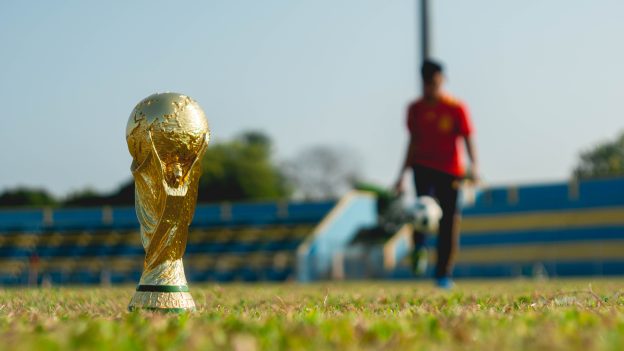Ahmed Qaisi – In an attempt to generate new sources of revenue, the Saudi Arabian government reaches its wealthy hand into the bag of professional sports. Specifically, the Saudis began this seismic push in October 2021. An investment group led by Saudi Arabia’s sovereign-backed fund completed a $500 billion purchase of Premier League football club, Newcastle United. During the same period, Saudi investors committed nearly $2 billion towards the LIV golf series, a direct competitor to the PGA Tour. As recently as January 2023, public and private groups located in Saudi Arabia dipped into the professional sports market once again with its attempted purchases of Premier League football club Manchester United and the sponsorship rights to the 2023 Women’s World Cup. Specifically, FIFA initially reported ‘Visit Saudi’ as a tourism partner, however amid criticism over the country’s human rights record, FIFA reversed its decision.
In the wake of Saudi Arabia’s notable human rights abuses against women and its standing in the global community, many view their investments in professional sports as ‘sportswashing.’ The idea of sportswashing is seen as an authoritarian government’s bid to use sports to divert attention from its human rights abuses in order to curate its reputation. Not only does Saudi Arabia use sportswashing to undermine criticisms but also to use sports to grow its influence around the world. As the global community moves away from the use of fossil fuels, the Saudi Crown Prince Mohammed bin Salman (MBS) made it a priority to diversify and reorient his country’s economy. The aggressive move towards sports could be seen as a regional phenomenon with MBS following the footsteps of neighboring country Qatar and its hosting of the 2022 FIFA Men’s World Cup.
The remaining question for the watching world is whether Saudi Arabia is attempting to launder and cleanse the image of its present and former sins through investment in sports. Human rights NGOs have continually criticized the normalization of allowing such regimes in sports. Various NGOs view MBS’s “butchering” of Jamal Khashoggi and similar human rights abuses as violative of the values needed to take part in the global sporting stage. Specifically, in regard to the Saudi Public Investment Fund (PIF) takeover of Newcastle United, Amnesty International requested that the Premier League add a rigorous human rights component to the criteria required for a takeover. The Premier League has assured that the Saudi state will not be involved in how Newcastle United is run. However, seemingly opposite to that sentiment is the fact that MBS sits on the PIF board as chairman.
Although Saudi Arabia attempts to evolve its brand through sports and tourism posing as a friendly state to foreign visitors, its government continues to pass oppressive laws. In the same era that FIFA awarded Saudi Arabia’s tourism authority with sponsorship of the 2023 Women’s World Cup, its government passed the first Personal Status Law. The statute codifies male guardianship and requires that women obtain permission from a male guardian to marry and obey their husbands. Similar oppressive laws have been enacted banning the discussion of LGBTQ rights.
The term sportswashing has been increasingly used within the last five years, however the general idea can be seen throughout history. Most notably, the use of sports to launder a reputation and enhance an image was used by Adolf Hitler during the 1936 Summer Olympics in an attempt to spread antisemitic ideology. With history repeating itself, global human rights organizations are urging sports spectators not just to classify a term, but to boycott and protest against allowing tyrannically led locales to host prestigious events. More importantly, however, before spectators are burdened with a decision, the onus should be placed on organizations like FIFA, UFC, and the Premier League to maintain altruistic motives.


